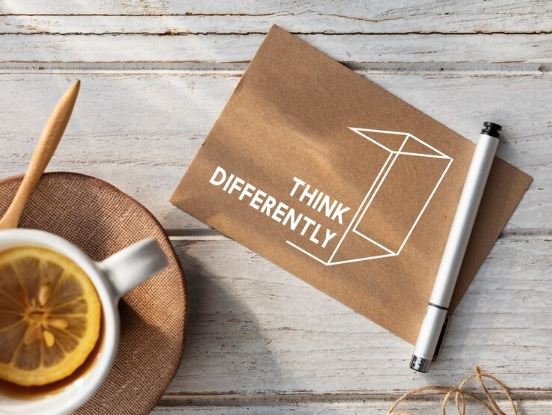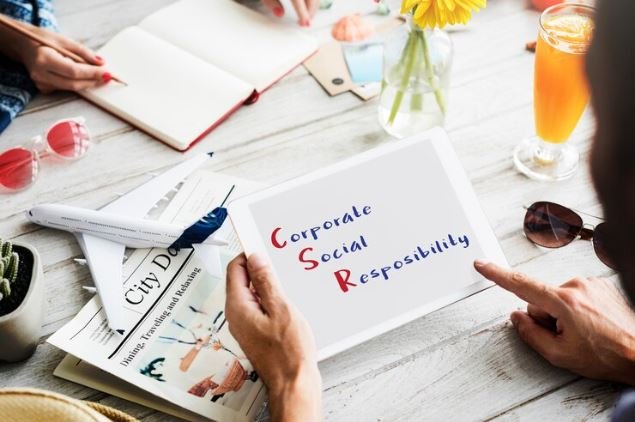Ever wonder why you enjoy watching some TV shows, playing some games, or reading certain books? This explains how we use different types of media and what kind of gratifications they offer us.
This approach focuses on how people use media such as games, movies, and social networks to meet their needs and wants. What is the Uses and Gratification Theory, Anyway?
Uses and Gratification Theory as They Related to WhatsApp
Uses and Gratification This theory explains why people use certain media outlets depending on what they are looking for or need. It asks why people go out of their way to find the content that they do, to see what feels good or is informative.
The idea is that viewers or users are not just watching TV or playing games, they are engaged with the content and consciously deciding to seek something out of it be that entertainment, information or relaxation.
For example, someone might watch a comedy show to help them enjoy their life or play a video game to experience the excitement. Uses and Gratification Theory shows us the idea that media is also something people consume, and use due to their convenience and pleasure.
Why Do People Use Media?
According to the Uses and Gratification Theory, people use media for different purposes, a theory that we saw was personalized to each individual’s use as shown in my last blog. Some of the key reasons people use media are:
You also read entertainment, People read media to be entertained, which means they wish to find something amusing, relaxing or otherwise entertaining.
Some may entertain themselves by watching a cartoon, playing a game or simply listening to music. That gets them feeling happy, excited or calm.
- Information and Learning: People also use media as a means of gaining knowledge or information. Take the discovery of documentaries on animals, news articles or “how long to” videos online for example.
- Social Connection: Media can keep people to feel connected with each other. Social media, video calls, and yes — even online games allow people to connect and enjoy shared experiences while keeping in touch with friends and family. It could allow them to feel closer to and a part of everyone else’s existence.
Some people use media as a way of expressing their identity or for getting to know themselves better. This might manifest itself in the preferred genre of music one listens to, or maybe a TV show that one follows as well. When they can see a character or story that is something to them, they feel understood, and so, inspired.
Escape + Relax: Media is an outlet to take a break from real-life stress. People can “get away” and relax by watching a movie or playing a game. The person relaxes and rests his mind.
All these different rationales depict the reality that people use media in assorted ways to meet diverse requirements. Uses and Gratification Theory The idea here is that we choose to watch, read or play things depending on what emotions we want to feel.

Uses and Gratification Theory: Understanding Media Choices
Application of the Uses and Gratification Theory is significant because it explains the motives behind people choosing one form of media over another.
Like if you like to read adventure books, it’s probably because you LOVE the thrill and feeling of being whisked on away an adventure. If someone listens to chill-out music, it is because they want to be calm.
For instance, this theory suggests that everyone one media choices are individual and important. How we choose to view a film or play a game is who we are by just that action. We can even learn a lot about ourselves and others by simply recognizing the factors which go into these decisions.
More on Purposeful Exposure and How Media is Used Across Individuals
Media isn’t just one thing. Successfully creating everything from movies, TV shows, music, books and video games to even websites. People want different things from each type of media. Some examples of how people use different types of media!
Movies and TV Shows Movies and TV shows can be a form of entertainment, but they are great ways to also learn. We can learn about different animals by watching a science show and laughing and relaxing in a funny movie. Dramas are there for the people who want to feel sad, or just more emotions and connect with some characters/comedies are for the happiness.
Video games have become many gamers’ favourite pastime because, well let’s face it, who doesn’t want to play a game for fun and excitement? A lot of people play games with a sense of challenge and triumph in mind. Additionally, other games enable players to interact with friends from anywhere making it a social activity.
Books and magazines reading books are often used for information/learning. Generally, people read books to know the history, science, or other cultures. Others are reading for the sake of pleasure, experiencing tales as escapisms into nirvana.
We all know how music can affect us. Music: There are so many ways music is used in the film. It can keep people joyous, relaxed and composed. For some, music is the perfect antidote to unwind and for others, it serves as a stimulant. In addition to this, music allows people to express themselves and feel certain emotions.
Social Media Social media keeps people connected to each other. It is a platform where people can share and showcase photos, stories, and meaningful or inspirational ideas with friends and families. Or it could be a way to kill time, or learn news, as individuals look up to the page based on their taste.
People use media for different types of experiences, and the Uses and Gratification Theory says that we select certain forms of media when we feel like experiencing a specific emotion or desire to learn.
The virtues of knowing our preferences in media
This information is for us to have a better judgment the next time we go watch, read or play something. If we know that the media is what we use for relaxation, perhaps we opt for a relaxing movie or soothing music. Maybe we would pick a documentary, or an educational novel if we were interested in learning something new.
Understanding what drives us to consume media can help challenge us towards a more wholesome media use. This way we ensure not only are we entertained but also learning and connecting with other human beings. We can be more deliberate in our media consumption and make it productive for us.

Media choices shift according to feelings and circumstances
The Uses and Gratification Theory further demonstrate that our media consumption can vary depending on how we are feeling or what is occurring in our lives.
A person is boring, they could watch an entertaining movie or video gaming. Everything someone is stressed loads soothing your music to Shit you stress.
The theory shows us that there is no ‘one-size-fits-all’ choice when it comes to media. Or the same person might prefer one kind on one day and a different one on another whatever they feel like reading at ear-readline dot net! Being work-from-home ready means human beings can find exactly what they need at that exact moment.
Application of Uses and Gratification Theory in Everyday Life
It does not just pertain to the major choices (movies or music), but also to how we use media every day. It is when a person searches for the message on his mobile that he interacts with media to get him connected. They want to be entertained when they scroll through funny videos.
When we understand this theory, it allows us to see how media is lived in our every day and how we experience media as useful. It reminds us that media can be a source of enjoyment, enrichment and relaxation as well as connection.
How Media Can Make Us Better People
Media has the unique capability of not only entertaining us but also hastening our expansion. By choosing our media wisely, we can use it to discover new ideas, learn new things about other cultures and even learn a new skill.
For instance, an inspiring show will get us motivated, an article may teach you something new and a challenging game can introduce novel thinking ways.
We want to use our media choices to help us process information more effectively so that we become informed citizens, with critical thinking skills, and deep creativity. Media is a great tool that opens our minds to new and different realities.

Conclusion
Uses and Gratification Theory- We chose this kind of media why? And how they satisfy different needs we have in our lives. This theory posits that no matter the reason for our media use whether for pleasure, education, relaxation or social engagement it is relevant and meaningful at least to us as individuals.
When we know our reasons for using media then it is easier to choose how we will use them to benefit us and help us enjoy, learn, and be more connected now and then.
To be familiar with, use and enjoy our media, we can play the game right along with them. The Uses and Gratification Theory, then, being in the field of telecommunication theory means media is not only to view or hear something but it is the way which helps us feel, learn and express ourselves.

